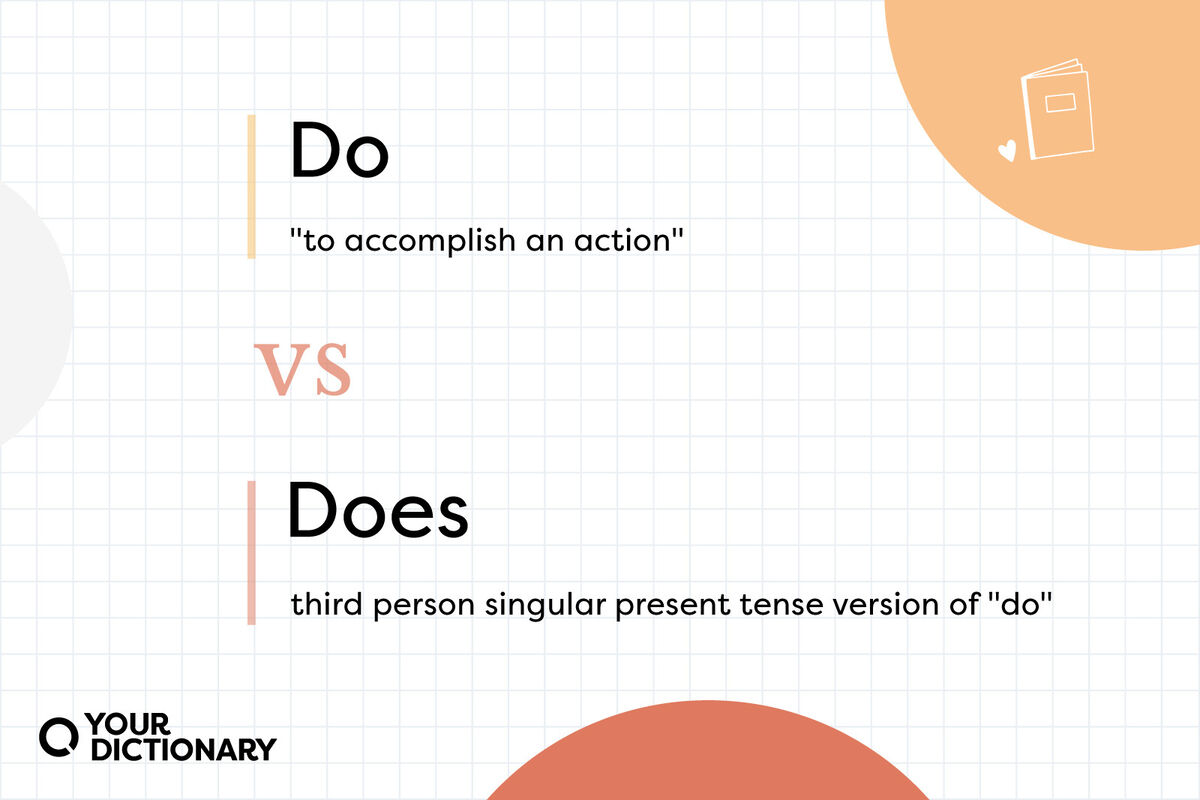Understanding CDA in Real Estate: What It Means, Why It Matters, and How to Navigate the Process
Introduction: What Does CDA Stand For in Real Estate?
In the world of real estate, the acronym
CDA
most commonly stands for
Commission Disbursement Authorization
. This document is a crucial element in ensuring the fair, accurate, and transparent distribution of commissions whenever a property sale closes. However, CDA can also refer to
Closing Disclosure Authorization
and
Collateral Desktop Analysis
in certain specialized contexts. In this article, we will break down each usage, highlight the main function of a CDA in real estate transactions, and provide step-by-step guidance on how to work with CDAs effectively.
Commission Disbursement Authorization (CDA): The Industry Standard
The Commission Disbursement Authorization is by far the most widely recognized application of CDA in the real estate industry. This document is generated by the real estate brokerage and provided to the closing agent-usually a title or escrow company-before the transaction closes. Its sole purpose is to direct how commission funds from the sale should be distributed , detailing exactly who gets paid, how much, and under what terms. The CDA is derived from the purchase agreement, listing agreement, buyer’s broker agreement, and any internal brokerage commission splits or referral agreements. [2]
Key Information Included in a CDA
A properly prepared CDA will typically include:

Source: cda.ca
- Property address and sales price
- Names of the buyer, seller, and all real estate agents involved
- Brokerage names and contact information
- Title/escrow company details
- Commission percentages and dollar amounts for each party
- Any additional fees or deductions (referrals, transaction fees, etc.)
- Instructions for payment (check, wire, or mail)
This level of detail is designed to eliminate confusion, prevent miscommunication, and create a transparent record for all parties-a necessity in high-stakes financial transactions. [1] [5]
Who Creates and Manages the CDA?
The responsibility for creating, verifying, and submitting the CDA typically falls on the real estate brokerage’s transaction coordinator or compliance team. These professionals ensure that the CDA aligns with contractual terms, internal policies, and state regulations. Brokers and agents should always review the CDA for accuracy before it is sent to the closing agent. [5]
Benefits of a CDA in Real Estate Transactions
- Timely Payment: Ensures agents and brokerages are paid quickly upon closing, avoiding unnecessary delays.
- Financial Transparency: Provides an indisputable record of commission splits, minimizing disputes and confusion among parties.
- Compliance: Helps brokerages meet industry and legal requirements for commission disclosure and record-keeping.
- Relationship Management: Prevents misunderstandings that could damage professional relationships between agents, brokerages, and clients.
Timely and accurate commission disbursement fosters trust and satisfaction among all parties involved in the transaction. [2] [5]

Source: kimberrealestategroup.com
How to Access or Request a CDA
If you are an agent, broker, or transaction coordinator, you can request a CDA from your brokerage’s compliance department or transaction management platform. This is usually done at the time the deal goes under contract or shortly before closing. To ensure a smooth process, follow these steps:
- Confirm all commission details, including any splits or referral fees, with your broker.
- Gather the necessary documentation (purchase agreement, listing agreement, buyer broker agreement, etc.).
- Submit a CDA request through your brokerage’s internal system or directly to the transaction coordinator.
- Review the draft CDA for accuracy and completeness.
- Once finalized, the CDA is forwarded to the title/escrow company before closing.
If you are unsure how to request a CDA, contact your brokerage’s administrative office or transaction management team. They can guide you through the specific steps required by your company.
Resolving Disputes Related to CDAs
Despite best efforts, commission disputes can sometimes occur. If there is a disagreement over CDA details, it is critical to:
- Communicate openly and professionally with the other party.
- Refer to written agreements and the original CDA to clarify terms.
- If necessary, involve your brokerage’s compliance officer or legal counsel.
- Seek a mutually beneficial resolution whenever possible; if not, mediation or legal intervention may be required.
Maintaining transparency and professionalism throughout the dispute process protects relationships and helps ensure compliance with industry standards. [5]
Alternative Meanings of CDA in Real Estate
Closing Disclosure Authorization
In some contexts, CDA may also refer to Closing Disclosure Authorization . This is a document granting a settlement agent or real estate professional permission to receive a copy of the final Closing Disclosure, which outlines all financial terms of the mortgage, including loan terms, projected payments, and closing costs. [3] This authorization is designed to speed up the closing process by granting necessary permissions upfront, thus avoiding delays caused by repeatedly requesting authorization to share sensitive documents. If you believe your transaction requires a Closing Disclosure Authorization, consult your lender, title company, or real estate attorney for guidance on obtaining the correct paperwork.
Collateral Desktop Analysis
For investment property transactions and private lending, CDA can also mean Collateral Desktop Analysis . This is a third-party review of an appraisal, often required by private lenders or for certain investment loan types like DSCR (Debt Service Coverage Ratio) loans. The goal of the Collateral Desktop Analysis is to independently verify the property’s value, reduce risk for the lender, and ensure due diligence before funding. [4] If your lender requests a CDA in this context, they will typically coordinate with a reputable appraisal review company. Ask your lender for specific instructions and approved providers; do not attempt to order a CDA independently unless directed.
Best Practices for Managing CDAs
To ensure your real estate transaction proceeds smoothly, follow these best practices:
- Review All Details Early: Double-check commission splits, referral fees, and agent information before the CDA is finalized.
- Communicate with All Parties: Proactively inform everyone involved-agents, brokers, transaction coordinators, and the title/escrow company-about the CDA details.
- Keep Written Records: Save copies of all agreements and correspondence related to the CDA for future reference.
- Understand Your Brokerage’s Policies: Each company may have unique procedures for CDA creation and dispute resolution; familiarize yourself with these in advance.
Common Challenges and Solutions
Challenge 1:
Discrepancies in Commission Amounts
Solution:
Compare the CDA to the signed agreements and communicate with the brokerage immediately to correct any errors before closing.
Challenge 2:
Lack of Transparency or Miscommunication
Solution:
Use a centralized transaction management platform and provide all parties access to the CDA and supporting documentation.
Challenge 3:
Delays in Payment
Solution:
Submit the CDA well before closing and confirm receipt with the title/escrow company. If payment is delayed, follow up promptly and escalate as needed.
How to Access CDA-Related Services and Support
If you need a CDA or have questions about the process:
- Contact your brokerage’s transaction coordinator or compliance department for step-by-step instructions tailored to your company’s workflow.
- If you are a buyer or seller and want to verify commission payouts, ask your real estate agent or the title company for a copy of the CDA and an explanation of each line item.
- If you are involved in a private lending transaction requiring a Collateral Desktop Analysis, ask your lender which third-party appraisal review companies they use and what the process entails. Well-known providers include ClearCapital and Pro Teck Valuation Services. [4]
- For Closing Disclosure Authorizations, your lender or settlement agent will provide the necessary forms and instructions if needed.
If you cannot find answers through your brokerage, local real estate association, or lender, consider consulting a real estate attorney for specialized guidance.
Key Takeaways
The term CDA in real estate most commonly refers to the Commission Disbursement Authorization, a critical document for ensuring accurate, timely, and transparent commission payments. Understanding the nuances of the CDA process, knowing how to request and review these documents, and following best practices can help you avoid costly delays and disputes. In more specialized contexts, CDA can also mean Closing Disclosure Authorization or Collateral Desktop Analysis-each serving a distinct role in the transaction process. For further information, always consult your brokerage, lender, or a licensed real estate attorney.
References
- [1] CountyOffice.org (2024). What Is CDA In Real Estate? – YouTube.
- [2] ReBillion (2025). What is CDA in Real Estate? A TC’s Guide.
- [3] ISTE (2025). 8+ What is a CDA in Real Estate? [Quick Guide]
- [4] OfferMarket (2024). Collateral Desktop Analysis in Real Estate.
- [5] Loft47 (2024). What is a Commission Disbursement Authorization (CDA) in Real Estate?
MORE FROM resultsfordeals.com












